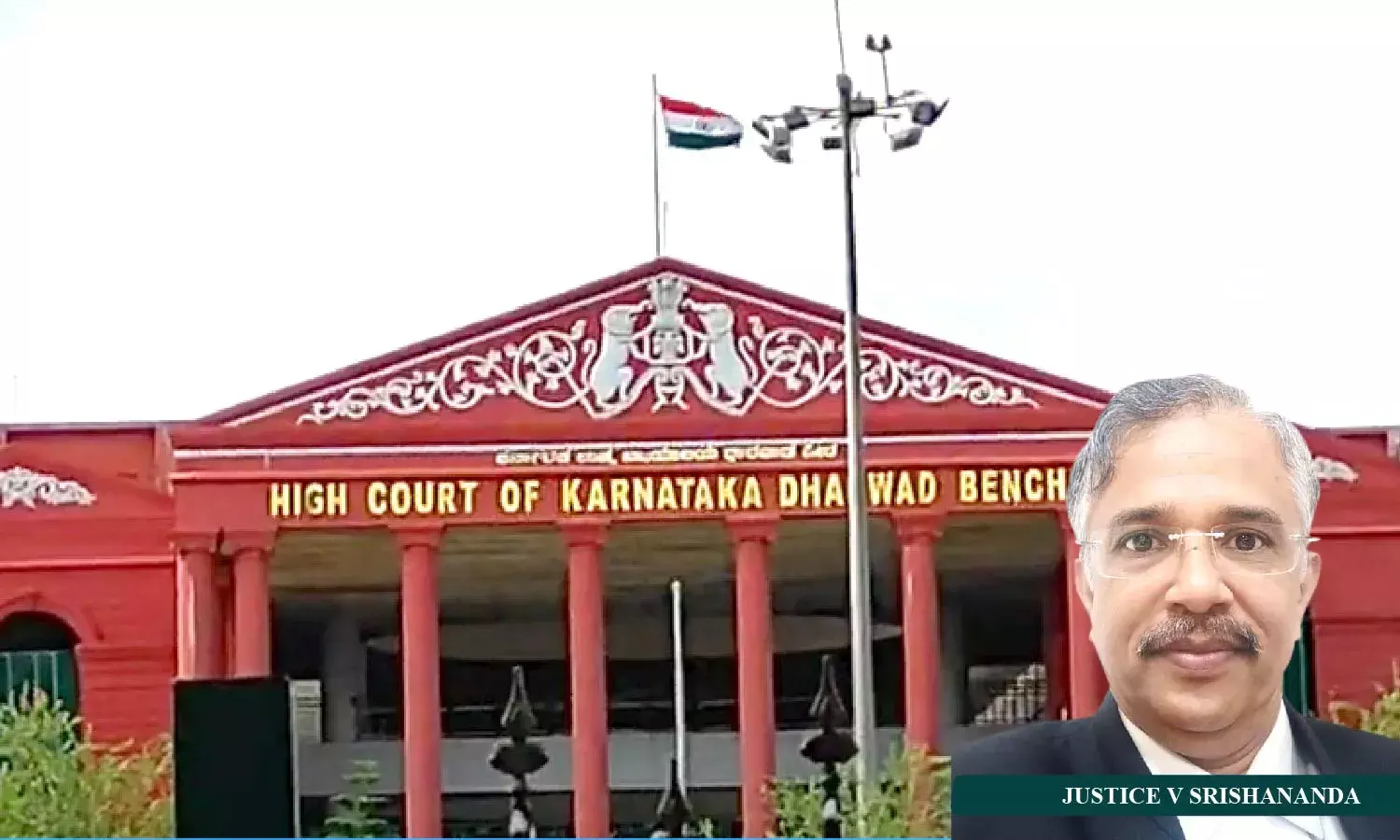Mere Signing Of Form No.29 And Giving NOC Will Not Automatically Transfer Ownership Of Vehicle Unless Entered In Books Of RTO: Karnataka HC
While quashing the charge sheet filed against the petitioner in Kakati Police Station's Crime No. 150/2015, and referring to the legal principles of Naveen Kumar vs. Vijay Kumar and Others [(AIR 2018 SC 983)], the Andhra Pradesh High Court held that it was not open to the investigation agency in arraigning the petitioner as accused in the pending criminal case involving rash driving, since the petitioner was not the owner of the vehicle at the time of the accident.
Although the High Court reiterated that unless the erstwhile owner takes necessary steps in getting his name removed from the registers maintained in the Regional Transport Office and enters the name of the subsequent purchaser, the civil liability will have to borne by the erstwhile owner.
The petitioner's grievance was that despite not owning the vehicle at the time of the accident and this being communicated to the investigation agency, they still faced charges. The situation aligned with the precedents, making it inappropriate for the investigation agency to charge the petitioner as an accused.
A Single Judge Bench of Justice V. Srishananda referring to the decision in Naveen Kumar case observed that “mere signing form No.29 and giving no-objection certificate would not automatically transfer ownership of the vehicle unless the same is entered in the books of Regional Transport Office”.
Advocate G.B. Naik appeared for the petitioner whereas Advocate Girija S. Hiremath appeared for respondent.
The brief facts of the case were that on May 15, 2015, the second respondent reported a case to the Kakati police, leading to the registration of Crime No.150/2015. This complaint alleged the petitioner of several offenses, like reckless driving and causing harm under Sections 279, 337, 338, and 304-A of the Indian Penal Code and Sections 134 and 187 of the Motor Vehicles Act, 1988. The complaint alleged that the reckless driving led to the car hitting a goods vehicle and a motorcycle ahead of the car. After filing of charge sheet, legal action was initiated against the petitioner, to which he claimed that he was not the owner of the car at the time of the accident.
After considering the submission, the Bench found that at the time of the accident, the car was in the name of the second respondent, although it was contended that the car was sold to the petitioner but not updated in the records properly.
The Bench highlighted that as per Section 50 of the Motor Vehicles Act, just signing a form and showing a receipt is not enough to transfer ownership, and the person who used to own the car at the time of the accident is still responsible if the ownership was not officially changed.
“The grouse of the present petitioner is that he being not the owner of the offending vehicle as on the date of the accident and despite the said fact was brought to the notice of investigating agency, the investigating agency has filed chargesheet against the petitioner, which is impermissible”, added the Bench.
Therefore, the Bench stated that such a course was not open to the investigation agency in arraigning the present petitioner as accused in the pending criminal case, since the action of the investigation agency has affected the rights of the petitioner.
Accordingly, the Bench concluded that the charges against the petitioner were not fair, and therefore, quashed the charges by invoking Section 482 of the CrPC.
Cause Title: Shri. Avinash Hariba Alave v. State of Karnataka and Ors.
Click here to read/download the Order




